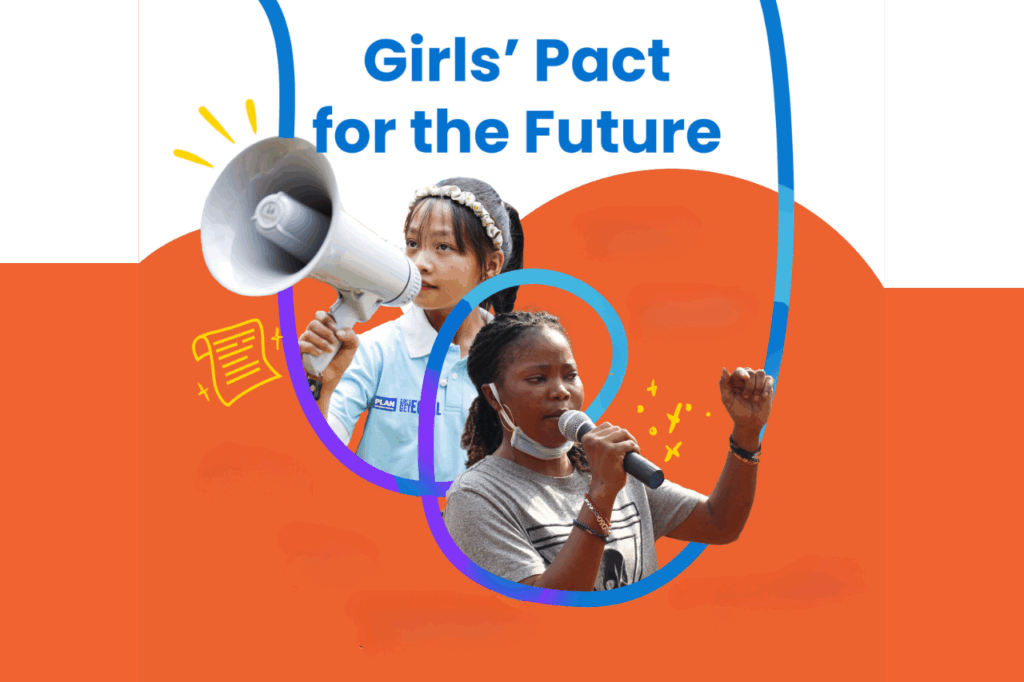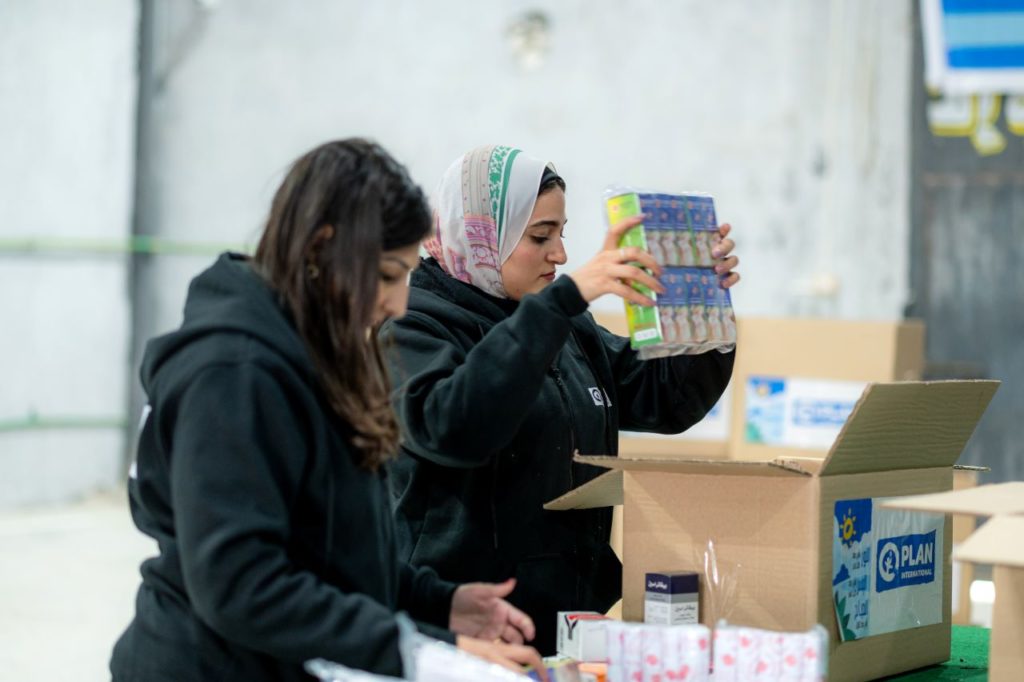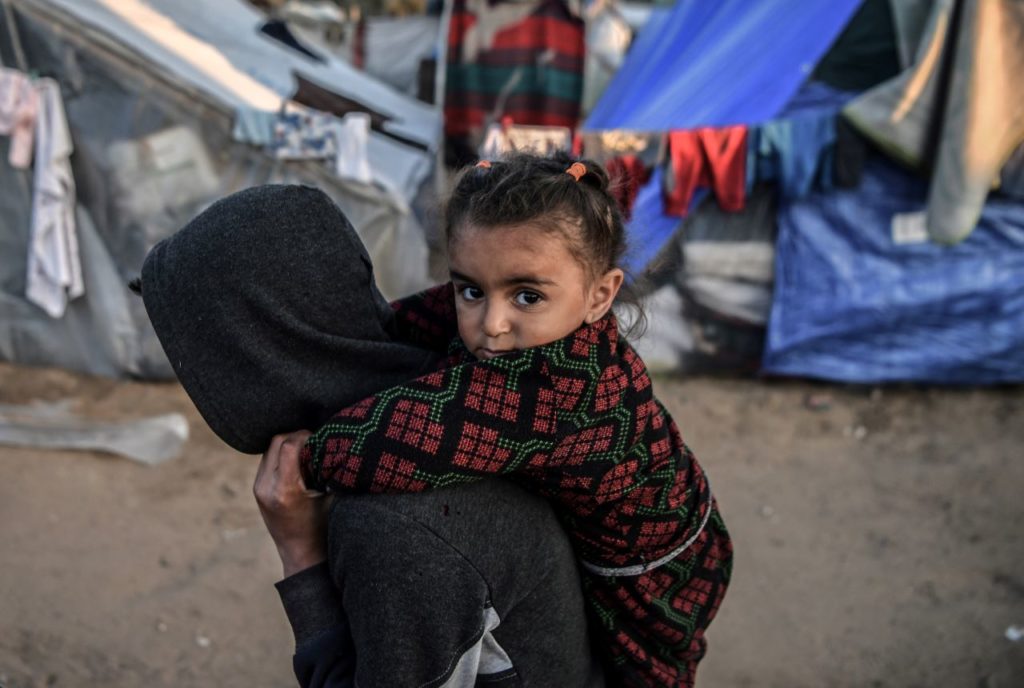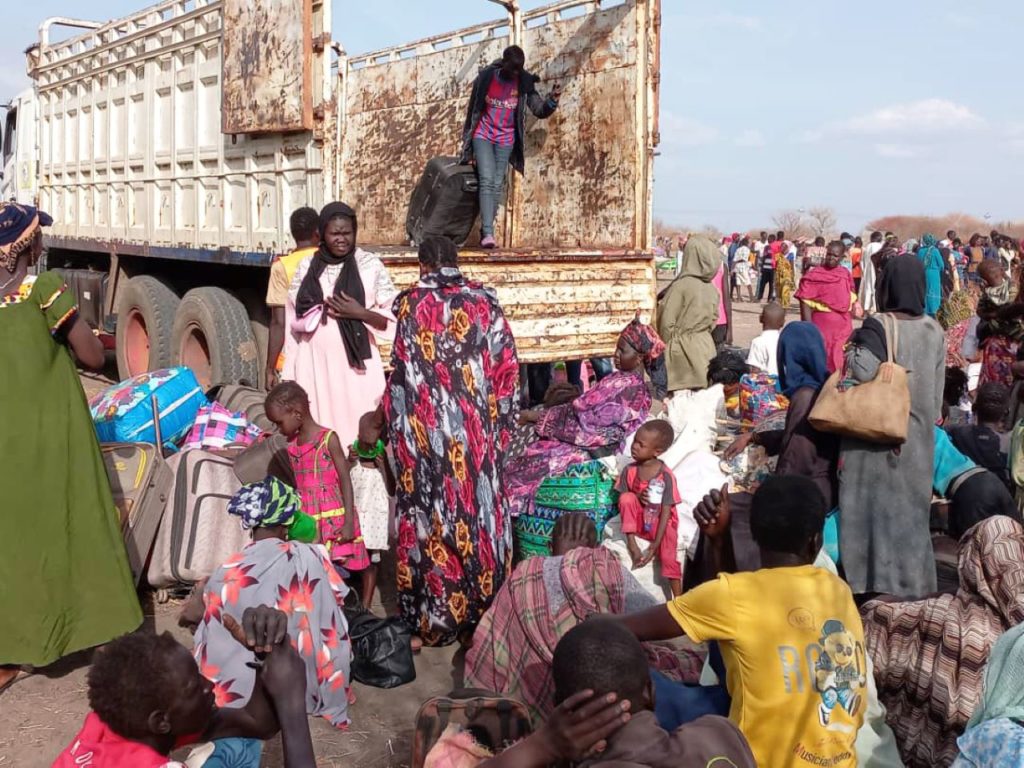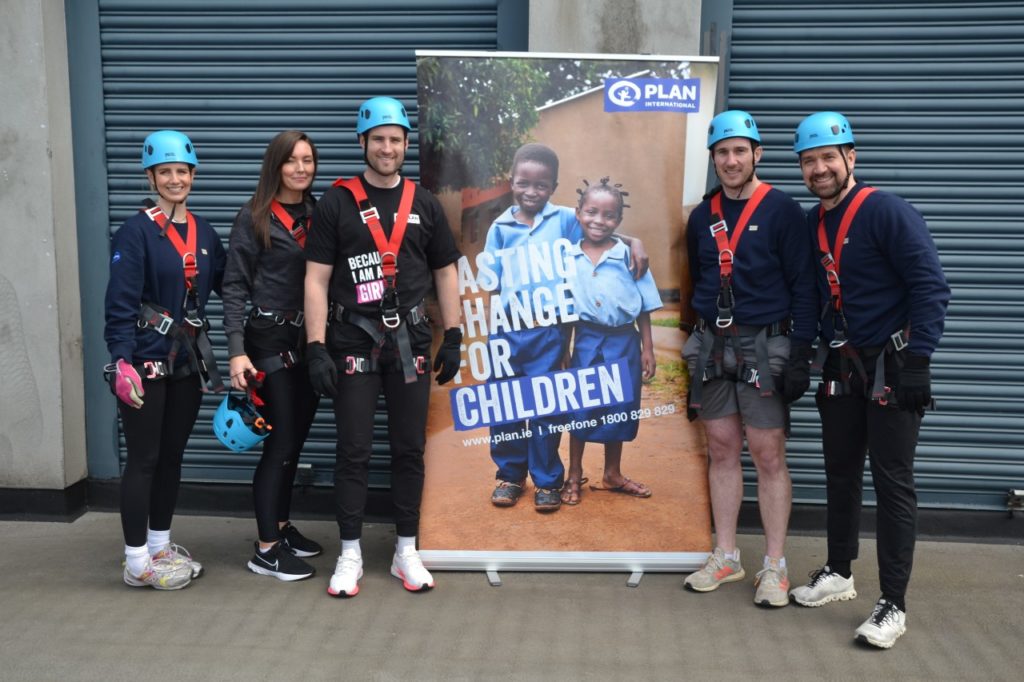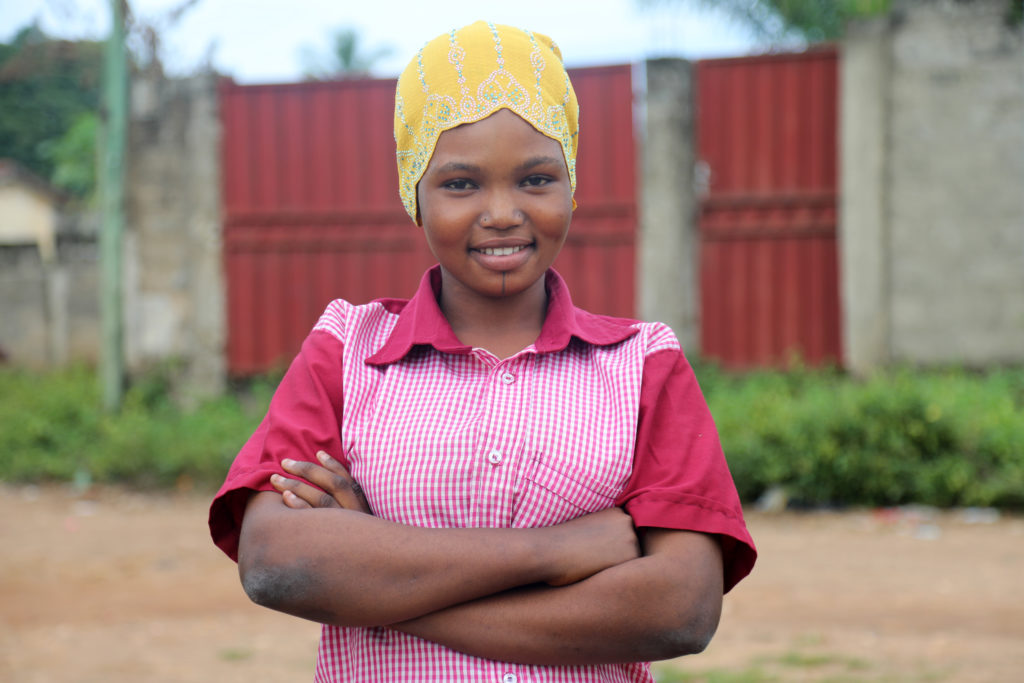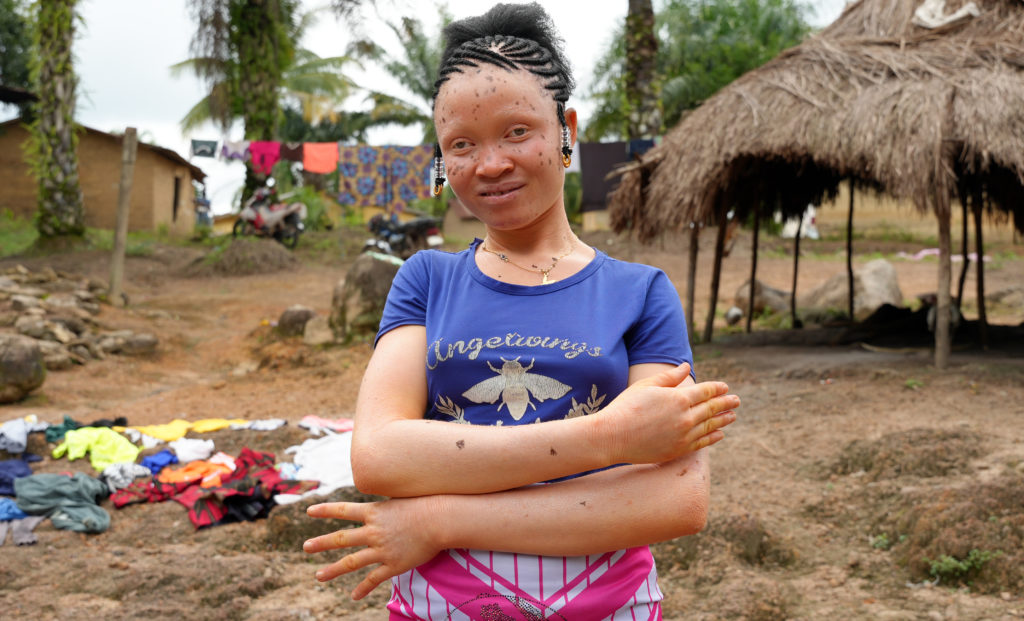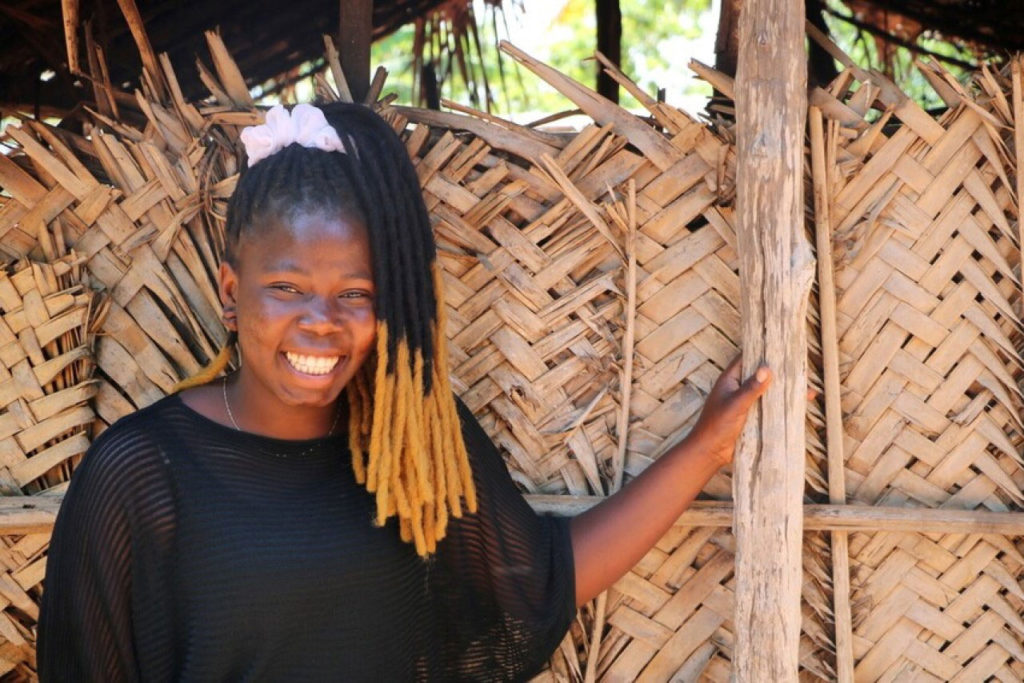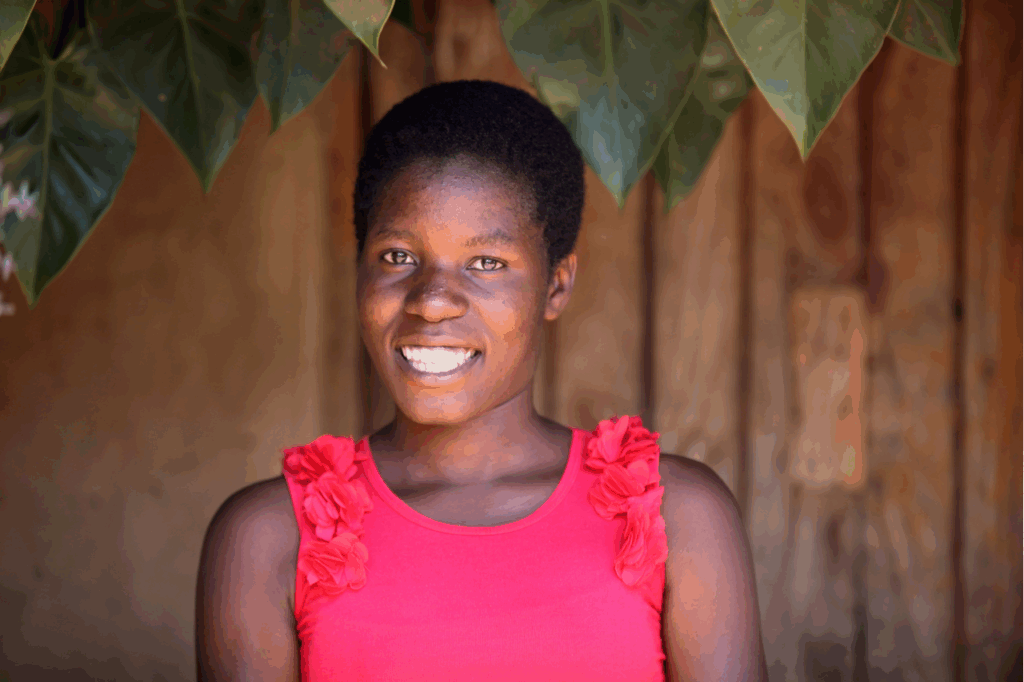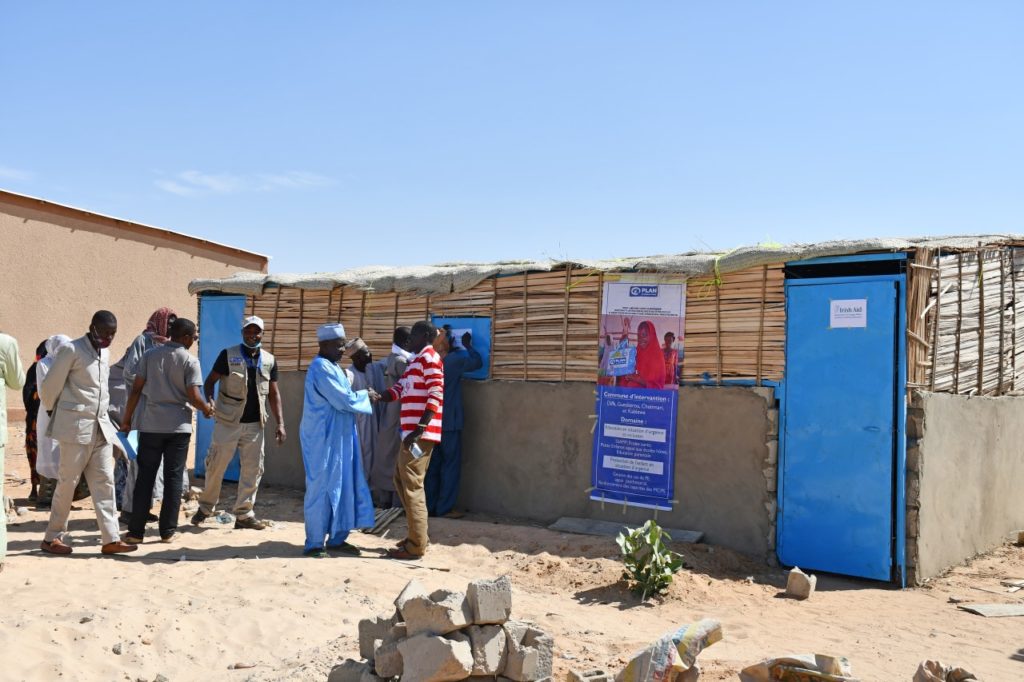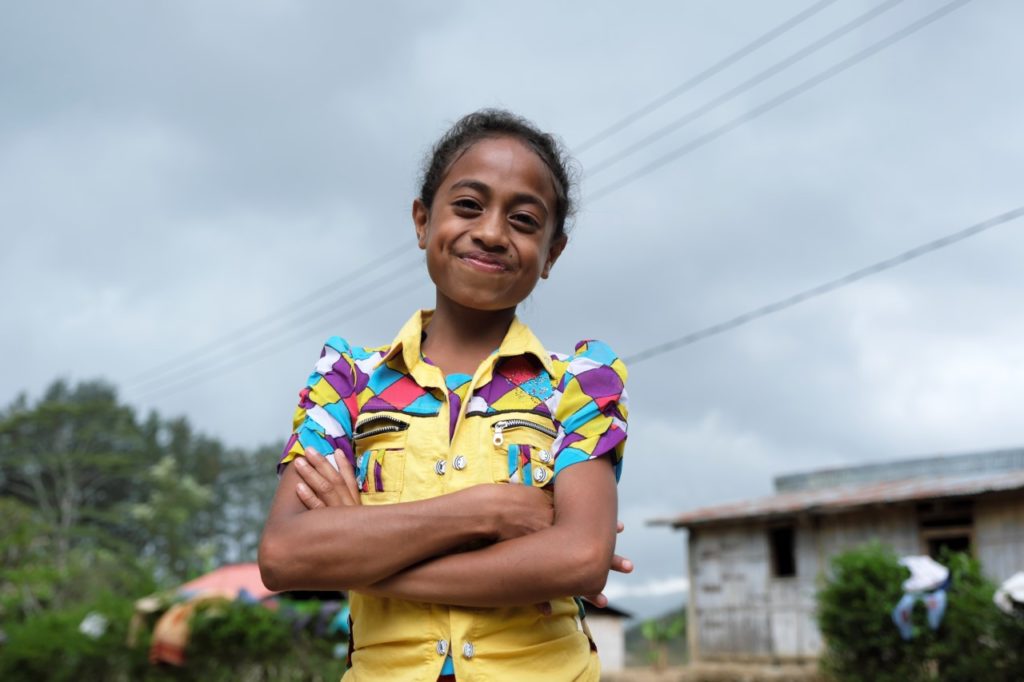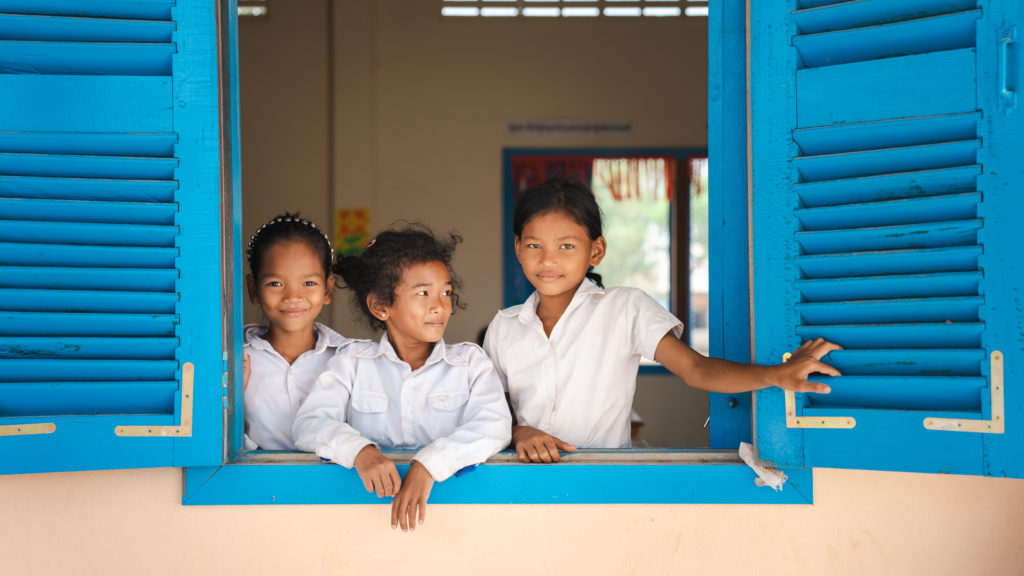Drop the teenage-pregnancy rates in Peru so teens can be teens
Natsumi can talk openly about subjects that many adults – never mind her teenage friends – shy away from. Contraception methods, gender-based violence, reproductive rights, sexually transmitted diseases, and general sexual health education are topics this 16-year-old from Peru regularly discusses with ease.
Teenage pregnancy is another issue she often talks about and hears about, because in the jungle region of Peru where she lives, the teen-pregnancy rate is among the highest in the country. (One in five girls in Loreto is pregnant, the second highest incidence in the country.)
“People see children suffering, but few people do something about it,” she says. “I’m happy to be one of those people who want to generate a change. And it’s not just me. A lot of young people want to make a change in our society. We can all help someone else.”
Teenage troubles and sexual health education
Natsumi candidly admits that hearing about the problems teenagers in her community face shocks her. “I could have been one of them, but I had another kind of education,” she says.
That education came, in part, from her participation in a program where she learned about her sexual and reproductive health and rights. She also developed the skills to converse candidly with her peers about contraception; safe, equal, caring and consensual relationships; and cultural expectations around masculinity. She also regularly advocates for teens with community leaders.
The oldest of seven children, Natsumi is very involved in helping her mother raise her younger siblings. As a result, she understands the responsibilities that come with motherhood.

“Over time, I’ve learned to value my mom’s efforts,” she explains. “I will never refuse to be my mom’s main support. Despite all the situations we’ve lived in, my mom always ensured we were loved and cared for. My mom is proud of me [and the work I am doing with teens and with my siblings], and I’m proud of my mom.”
Rights, respect, and representation
Natsumi envisions a different future, where she can study and be independent before even thinking about becoming a mother.
It’s important to her that other teens have this option too. “When I talk with other teens, I hope they will share that information with even more teenagers,” she says.
By encouraging young people to stand up for themselves, Natsumi sets an example for her friends, her siblings and the next generation of youth. She is their guide and their support system. She is their teacher and their peer. She is involved in discussions that she knows will shape how youth speak up and represent themselves in rooms where important decisions are made.
How Plan International helped
Natsumi became a peer-to-peer educator with her training in Plan International’s We Decide: Reducing Adolescent Pregnancy in Loreto, Peru, project, with support from our key funder, Global Affairs Canada. In a province where girls as young as 12 become pregnant, the We Decide project has applied a multi-pronged approach to reach more than 95,000 people in Loreto.

To ensure that Plan International reaches more boys and girls like Natsumi, the We Decide team works with communities and schools in two provinces and five districts. By partnering with youth and community groups, the project hosts workshops, trains educators, publishes books, shares pamphlets, sponsors radio ads and records podcasts. We Decide is also active on social media, creating engaging content and music to reach even more young people.
Knowing that no project can survive without buy-in at the community level, Plan International also works with parents, teachers, community leaders and health professionals to provide training and to build support networks as the project progresses. With community involvement and peer-to-peer educators like Natsumi at the helm, its success is inevitable.
Sexual health education by the numbers
The Peruvian Ministry of Health reported a significant increase in births to girls under age 10, almost tripling from nine in 2019 to 24 during the pandemic. There were 1,149 births to girls under 14, highlighting the pressing issue of early pregnancies, according to Amnesty International’s Human Rights Report 2021/22.
This alarming rate of early pregnancy contributes to the pervasive problem of gender-based violence (GBV) in Peru. Between January 2009 and February 2022, the Femicide Registry of the Public Prosecutor’s Office identified 1,573 victims of femicide, more than half of whom were between the ages of 18 and 34. Shockingly, 190 victims were minors, representing 12.1% of the total number.
These distressing statistics underscore the urgent need for addressing GBV and protecting the sexual and reproduction health and rights (SRHR) of women and girls. Here are some baseline/midline highlights from the five-year Plan International We Decide project based on a July 2022 survey of 860 adolescents (50:50 women-to-men ratio):
- At the start of the project, 44.1% of adolescent girls said they felt confident that they could refuse unwanted sex. At the close, 71.6% felt confident in saying no.
- At the end of the project, 41.4% of girls felt they had adequate access to SRHR resources and services, compared with 25.3% when the project started. And 63.4% said they had used a condom the last time they had sexual intercourse, compared with 60.3% at the beginning.
- When first asked whether girls are equal to boys, 36.4% of girls said yes, versus 21.6% of boys. By the close, 80.9% of girls said they felt that girls were equal, and 80.9% of boys agreed.
- At the start of the project, 43.6% of girls and 54.2% of boys said it was never justifiable to hit a woman. At the close, 90.2% of girls and 91.2% of boys felt this way.
